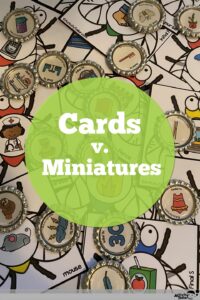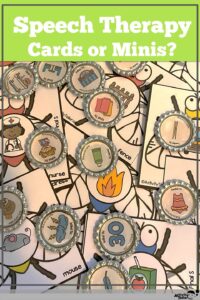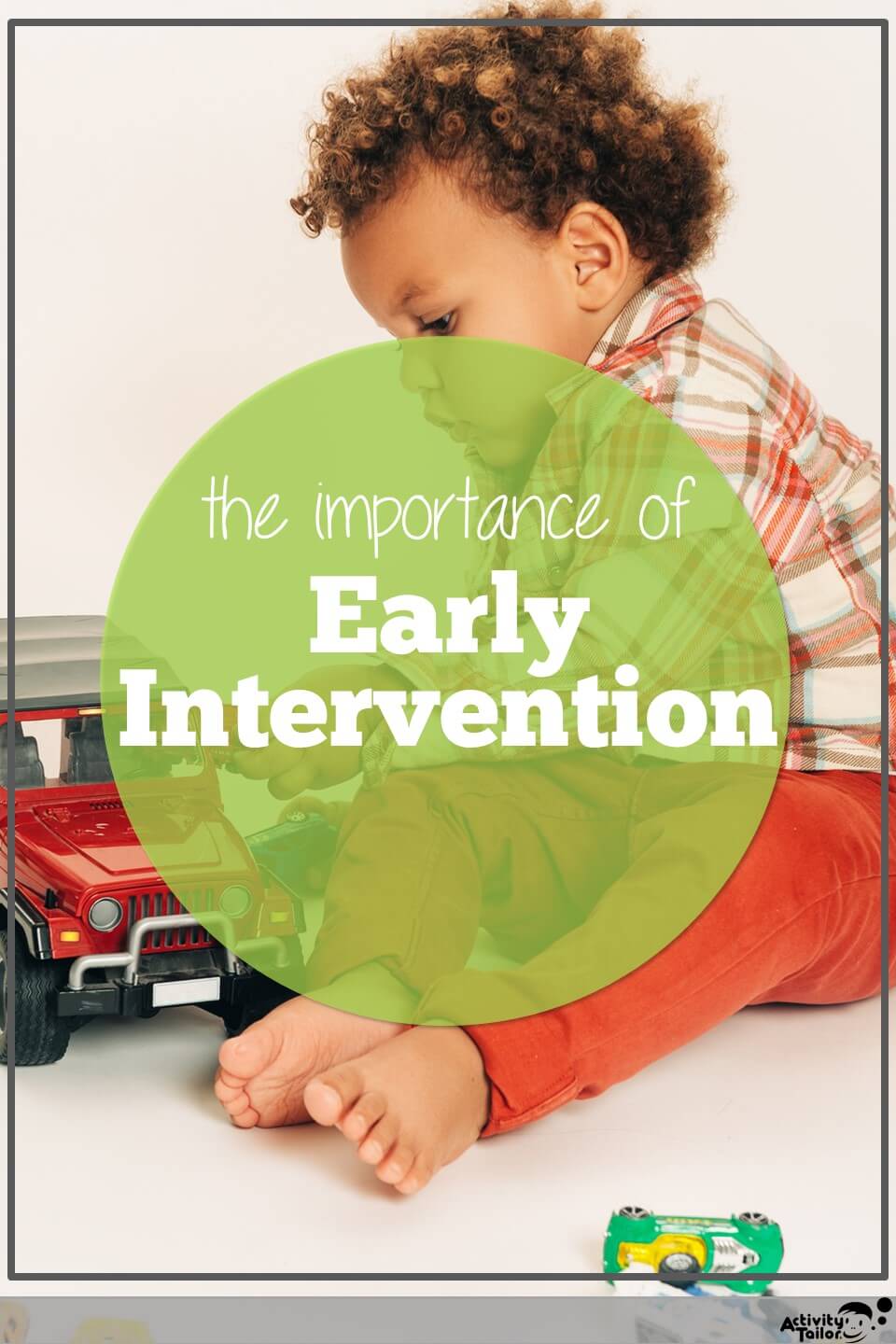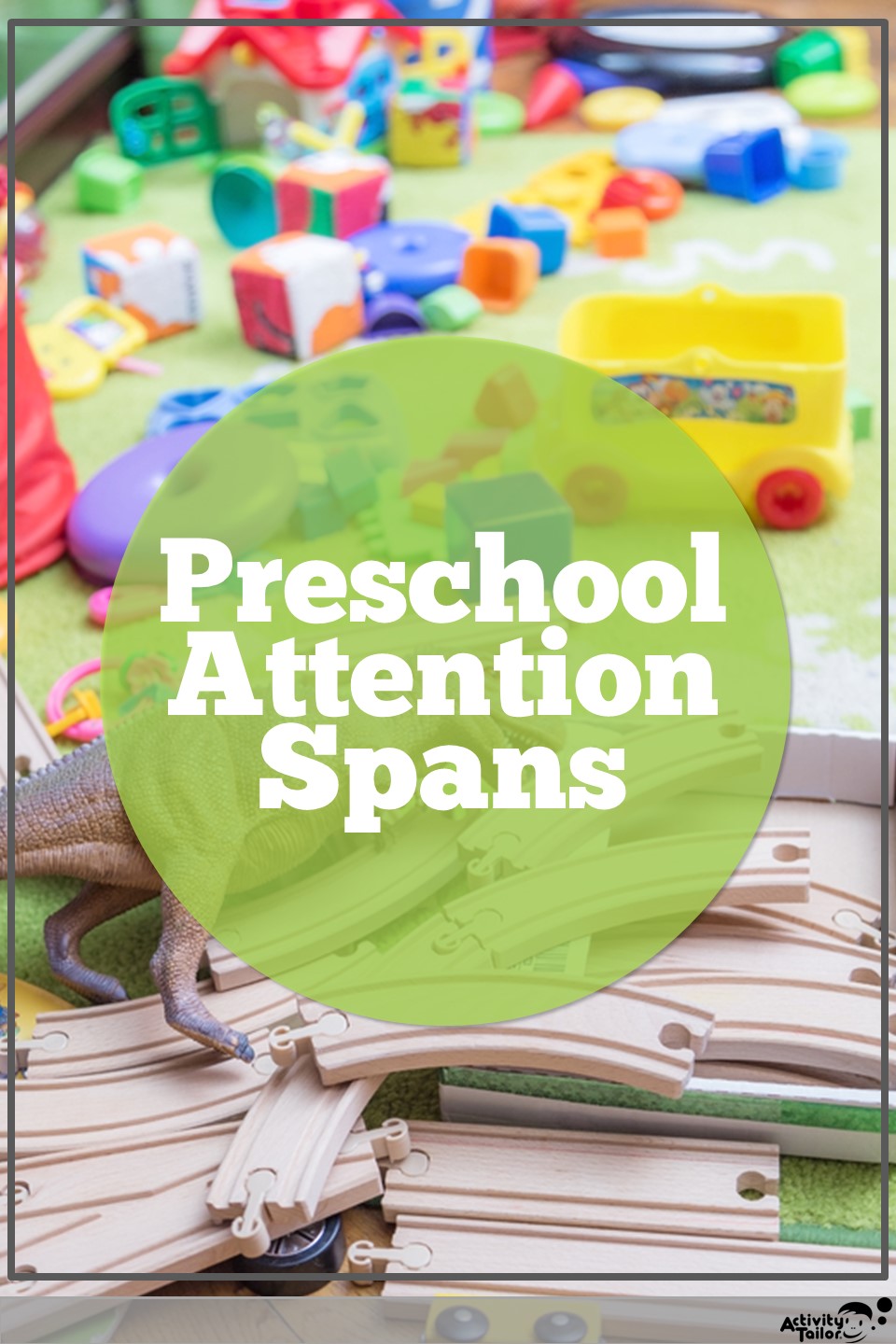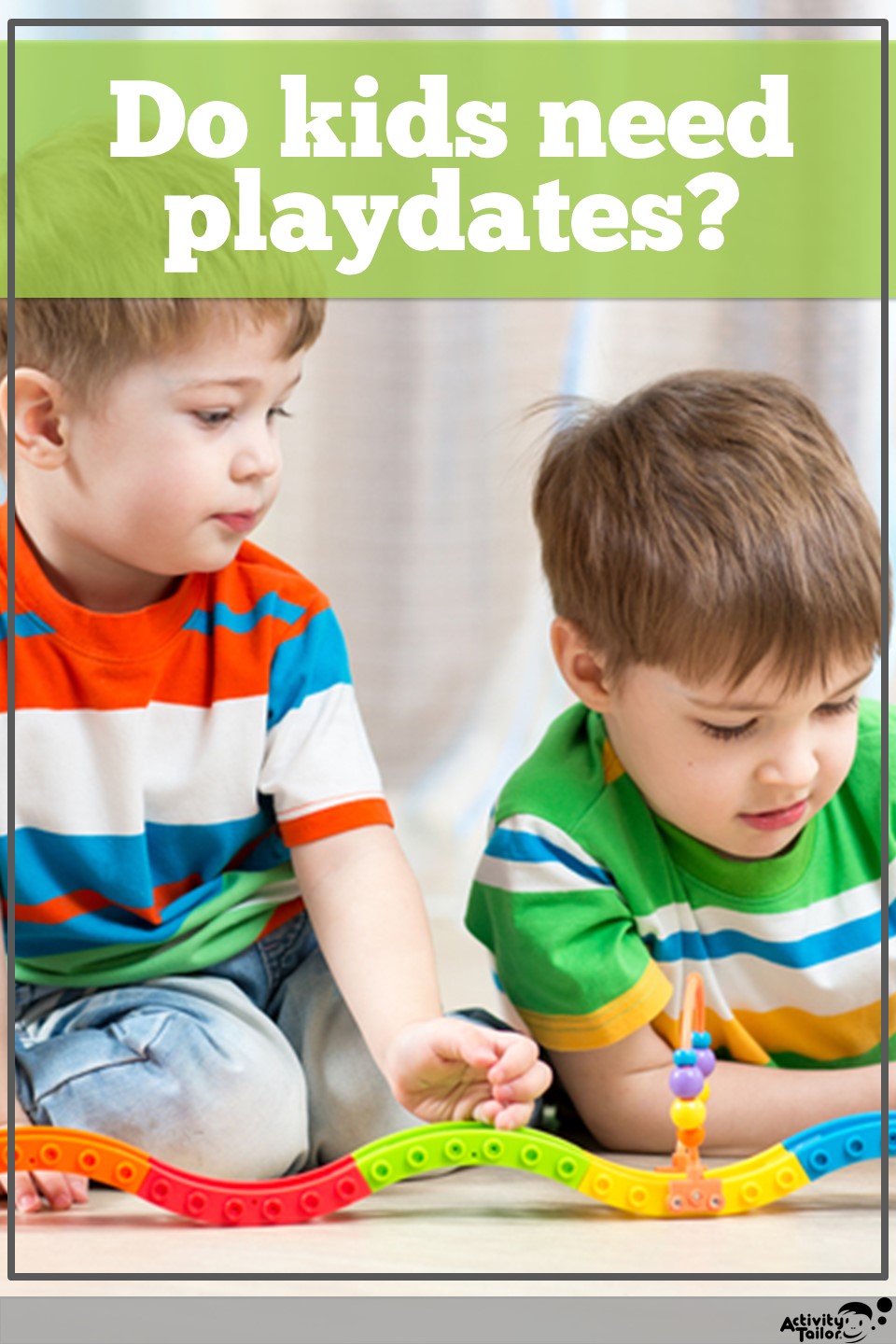Where do you fall in the debate over using miniature objects vs. picture cards in speech sessions? Most SLPs have a definite preference for one. There are a few (like me!) who tend to drift back and forth depending on the child or the target.
Let’s take a look at the pros and cons of using each in articulation based speech therapy sessions.
Using miniature objects in speech
Speech miniatures are so cute! You see the IG posts, and they look fun and engaging. They really are! But there’s a lot more to it than that.
Pros
Participation
Miniature objects are a great way to “trick” a reluctant participant into practice without them realizing it. No one can help touching little treasures, and before you (and they) know it, you’ve got buy-in on your activity.
Attention
For little ones who struggle with attention, having something to manipulate can make all the difference. A card doesn’t have that same tactile appeal.
Professional
Speech miniatures have a bit of a “mystique.” There is a decent amount of upfront work to assemble the kits, and that attention to detail shows. Especially if you work in front of a parent audience, little boxes of objects look like the tools a specialist would have at the ready.
Cons
Extra storage space
With many miniature objects, you will want to organize them into several (or many!) different small boxes. The boxes take up more space in your already small or full therapy space.
Detailed organization
Keeping up with miniatures isn’t always easy. It’s not uncommon for a child to accidentally or accidentally-on-purpose walk off with one or two pieces.
Along those same lines, you need to be soooo careful about keeping sets separate (or make a list of what belongs in each box) because it takes a lot longer to sort when you’re cleaning up compared to stacking color/name coded cards.
Very open-ended
Without a word attached to an object, I promise you’ll look at one or two at some point and wonder, “what is this exactly?” You can turn this into a positive by asking your student to brainstorm what it could be and have them identify words with their sound.
Finding miniature objects
Purchasing Finding miniatures can be a challenge. You feel like you constantly have to keep your eyes peeled for these objects in every physical or online store you prowl. Dinky Doodads is a great option to get started. My DIY miniatures with clip-art and bottle caps are another choice for the many words that don’t lend themselves to a specific object.
Favorite speech miniature activities
Feed the… ANYTHING!
Little ones love putting miniatures in the mouth of a puppet, the mouth of a tissue box creature (try this easy to store version), or in a desktop garbage can. Want a Feed Me Monkey freebie? Grab yours here!
Sort based on attribute
For the students with speech and language goals, little treasures make it easy to target both. Dollar stores, even the Target Dollar Spot, often have cute seasonal bowls. These low-sided bowls are usually in the shape of something seasonal. They are accessible and perfect for sorting into different categories.
Pull them out of a bag
Students love reaching in and fishing around for their favorites based on touch only.
Fill-in-the-blank sentence strip
Write a carrier phrase on a sentence strip with a space for a miniature object. Voila! Easy phrase/sentence practice.
An “egg” hunt
There’s something so exciting about opening up an egg to see what’s inside, and little ones are always up for a scavenger hunt! Don’t feel like you have to use plastic eggs. There are plenty of similar options.
Tip: Head to the Easter display at the Dollar Store or Target in the spring and you’ll see shells, sports balls, animals, and food shaped “eggs.” Check out these flamingos!
*As an Amazon Associate I earn from qualifying purchases.
Using articulation cards in speech
Articulation cards have a reputation for being a bit old-fashioned, but they still serve their purpose!
Pros
Portable
Let’s face it, cards truly are much more portable. You can pop several decks into your bag without them taking up too much space or weighing you down.
Easy to purchase
The ease of purchasing can’t be beat. If you buy sets on TPT, you can print numerous copies (see below for how this helps) and/or send sets home with students. Check out my seasonal cards which allow you to customize for the season!
Less expensive
Cards are much less expensive even without factoring in the cost of storage boxes for miniature objects.
Target more goals
Because they have pictured words, there is a lot more variability in vocabulary and targets can be more specific and strategic. Plus, cards nearly always have a phoneme/position label that makes mixing decks and cleaning up a breeze.
Cons
Can be boring
Let’s be real, cards can be boring. Many students are going to see “flash cards” and start shaking their heads.
Sends mixed message
Sends the wrong message to parents. I’m always telling my parents that play is better than flashcards. But when I pull out articulation decks…the message is rather lost.
No sensory component
No built-in fidget factor. A lot of our speech students have attention or sensory issues that make them wigglier. Cards seldom help with this on their own.
Fewer activity options
The size of cards make them a bit less versatile. For instance, they don’t fit inside eggs and can crowd small sensory boxes.
Favorite articulation card activities
Card games
Of course, one of the biggest advantages is the ability to have duplicate sets and play games like Memory or Go Fish or Old Maid or Slap Jack. These classic card games continue to endure.
Hack your Headbandz game
This silly game is great for addressing language skills on its own, but when you use it with articulation cards you get two for the price of one! Plus, since your students often know the picture cards, it makes the game a lot easier. We all know plenty of students who need the parameters of this game drawn in some.
Homework
Ok, maybe this seems like a cheat, but there is a HUGE advantage to sending home a deck of cards so parents can do some follow-through at home.
SO, are you team speech miniatures or articulation cards? Leave a comment below to let me know!
Still unsure? Check out this post, 5 Quick Ways to Use Miniatures in Speech.


